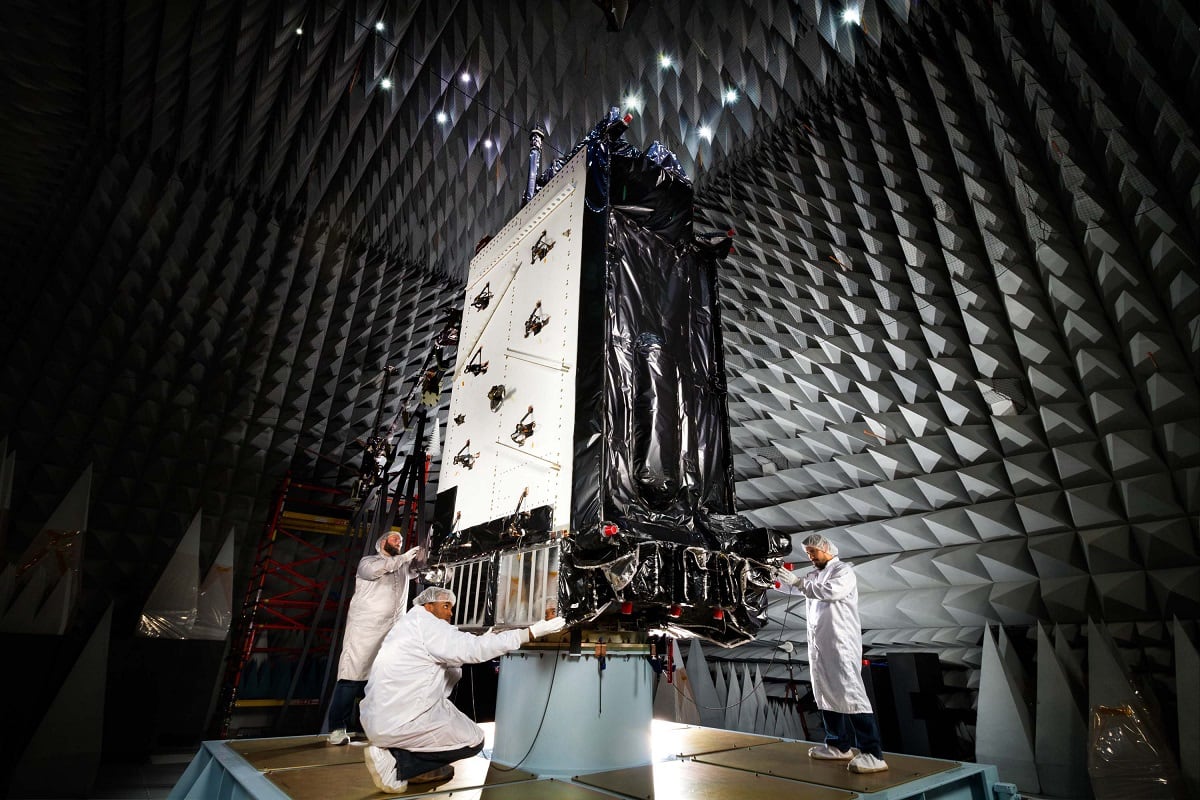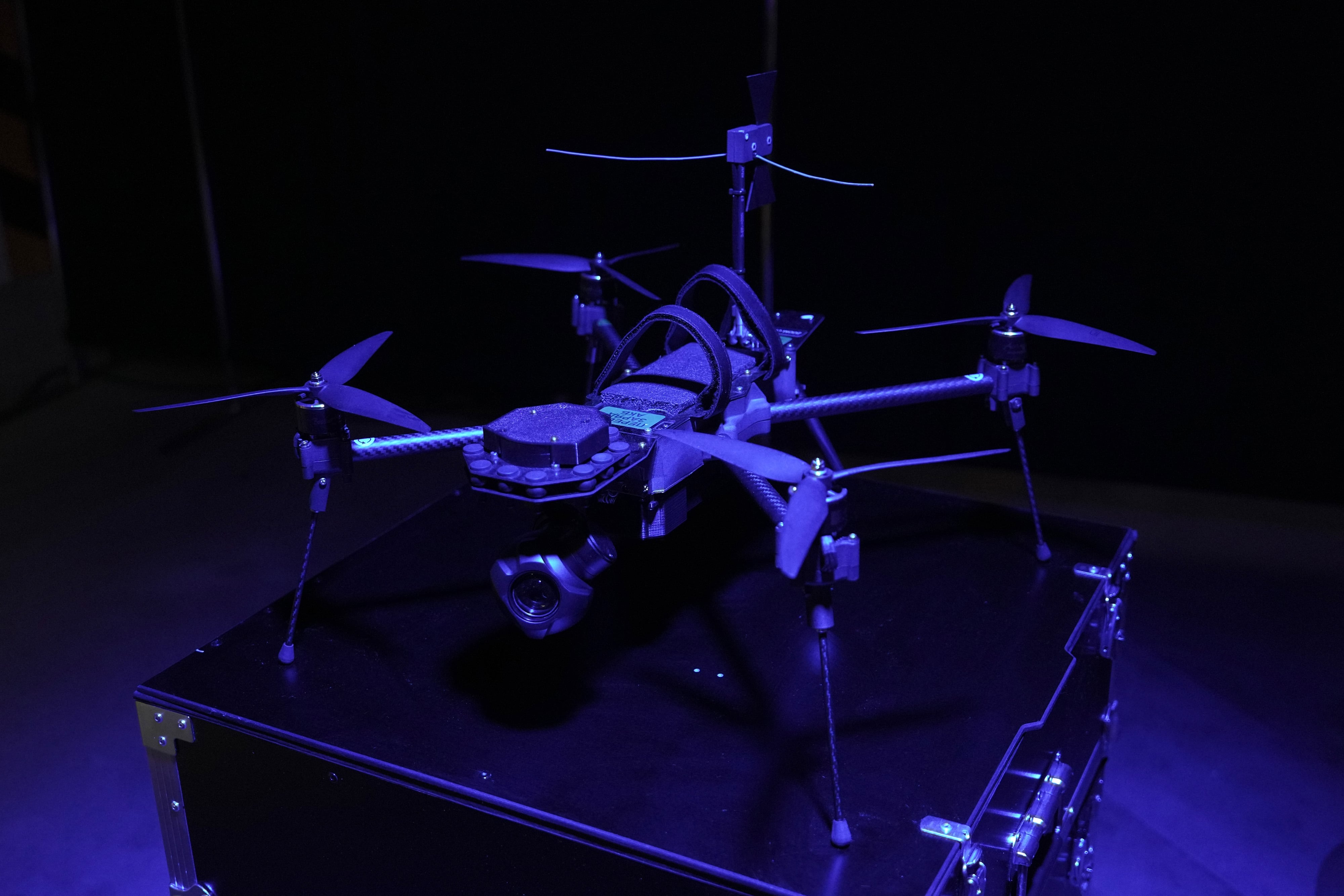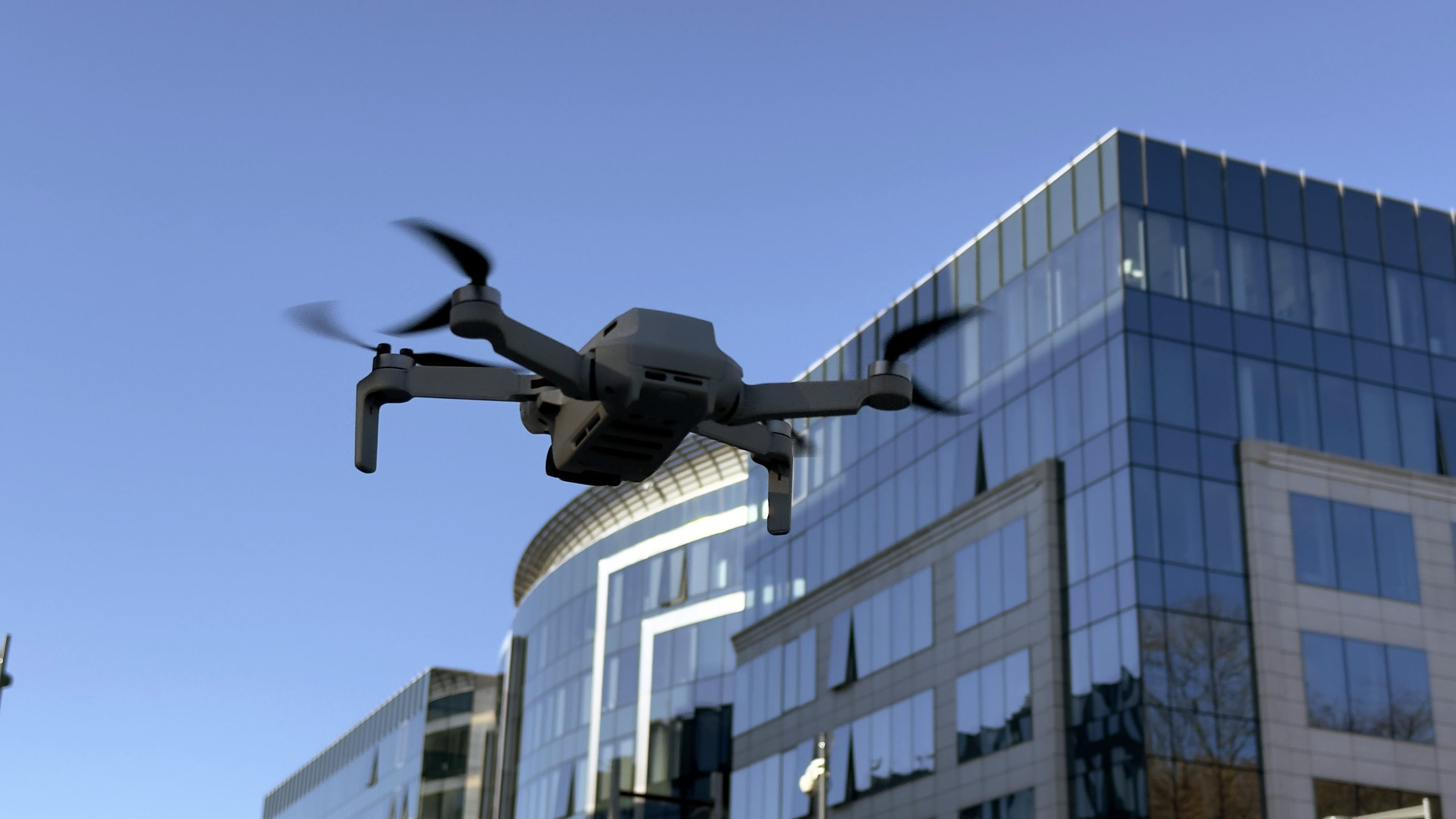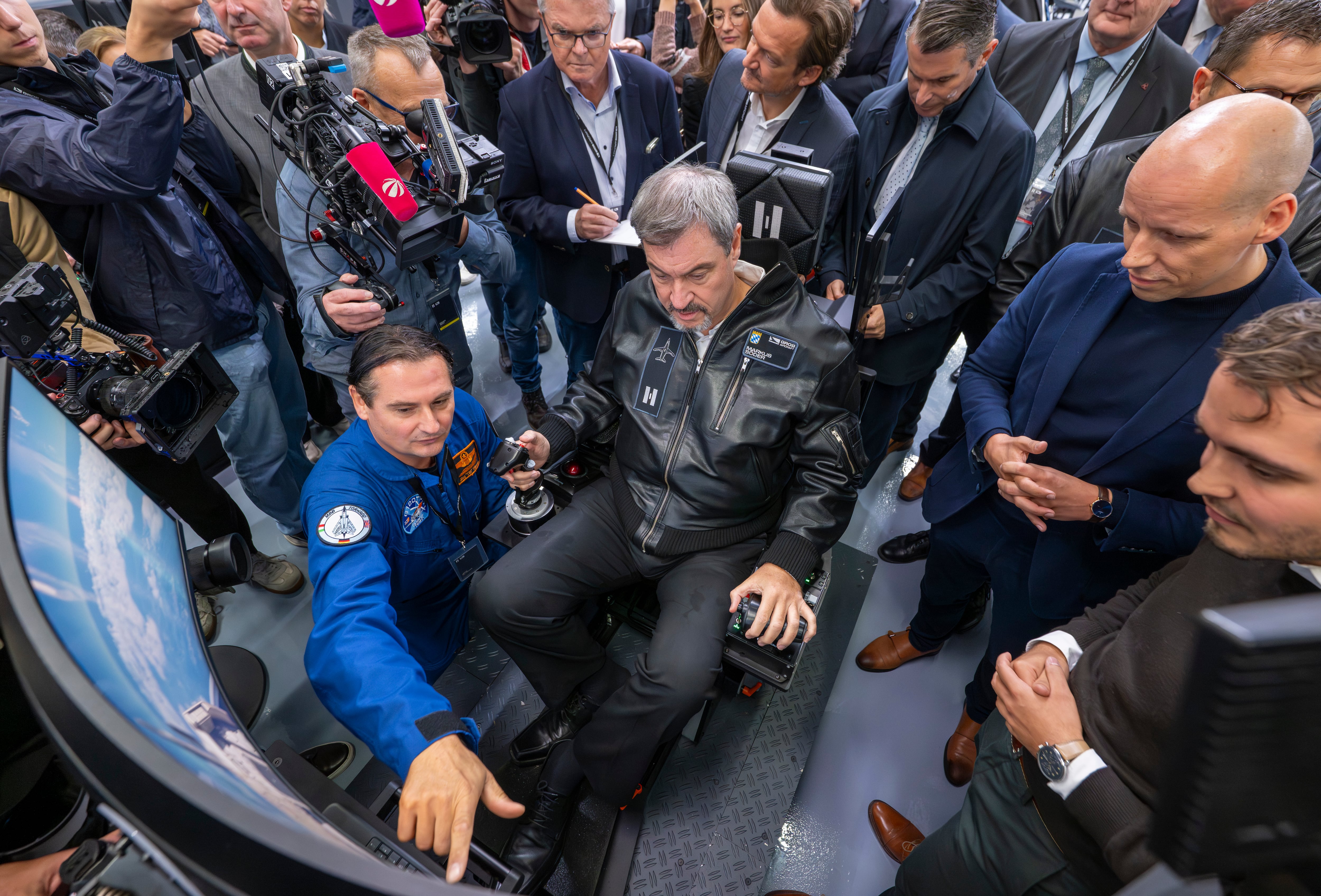As the Department of Defense and its allies attempt to stop Ligado from moving forward with plans the Pentagon says will harm the Global Positioning System, consensus is growing around the idea of an independent review of the testing the Department had completed for interference.
The dispute stems from the Federal Communications Commission’s decision to approve Ligado’s request to use L-Band spectrum, first reported by C4ISRNET April 10. Now the question is whether Pentagon tests showing that Ligado’s plan would interfere with GPS signals vital to military, commercial and civilian technologies are still relevant, given mitigation plans from the company.
A May 6 Senate Armed Services Committee hearing on the issue underlined a fundamental disconnect between the two sides over technical testing of Ligado’s capabilities, a he-said-he-said situation where both sides claim the data shows the other is comprehensively wrong.
RELATED
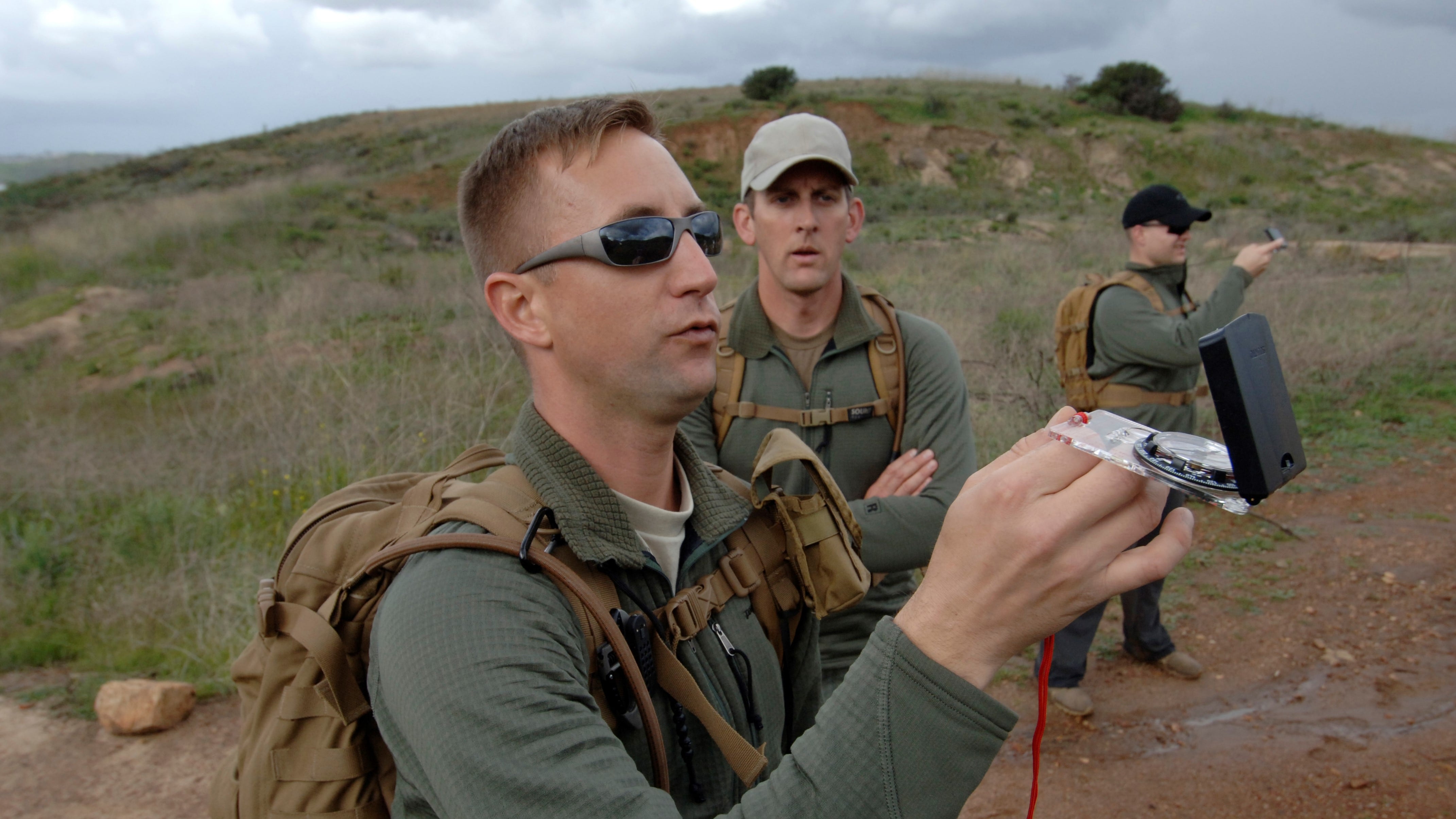
That disconnect is an issue for Sen. Jim Inhofe, R-Okla., the chairman of the SASC and a vocal supporter of the Pentagon’s position. “What I took away from our hearing last week was that the results of DoD’s testing just don’t match up with the testing the FCC relied on to make their decision; in fact, I’m concerned they were looking at different things,” Inhofe told C4ISRNET this week.
“It seems to me the FCC didn’t really give DOD’s analysis — which was done in conjunction with eight other federal departments — fair consideration,” Inhofe continued. “While I trust the Pentagon’s conclusions, I think we’ll all sleep better at night if we have more independent testing done to verify just how Ligado’s plan will affect our GPS signals.”
While not saying who should do the verification, Inhofe’s comments match up with calls from a trio of non-defense trade groups that in the last few days have specifically called for the National Academy of Sciences — a non-profit, non-governmental research institute that can play a role as a neutral arbiter — to take a fresh look at the data gathered by both the Pentagon and Ligado and weigh in.
On May 8, Securing America’s Future Energy and the Intelligent Transportation Society of America tweeted that NAS should specifically lead a new round of testing, while Dana Goward, president of the non-profit Resilient Navigation and Timing Foundation, also supported the idea in a May 11 op-ed for C4ISRNET.
RELATED
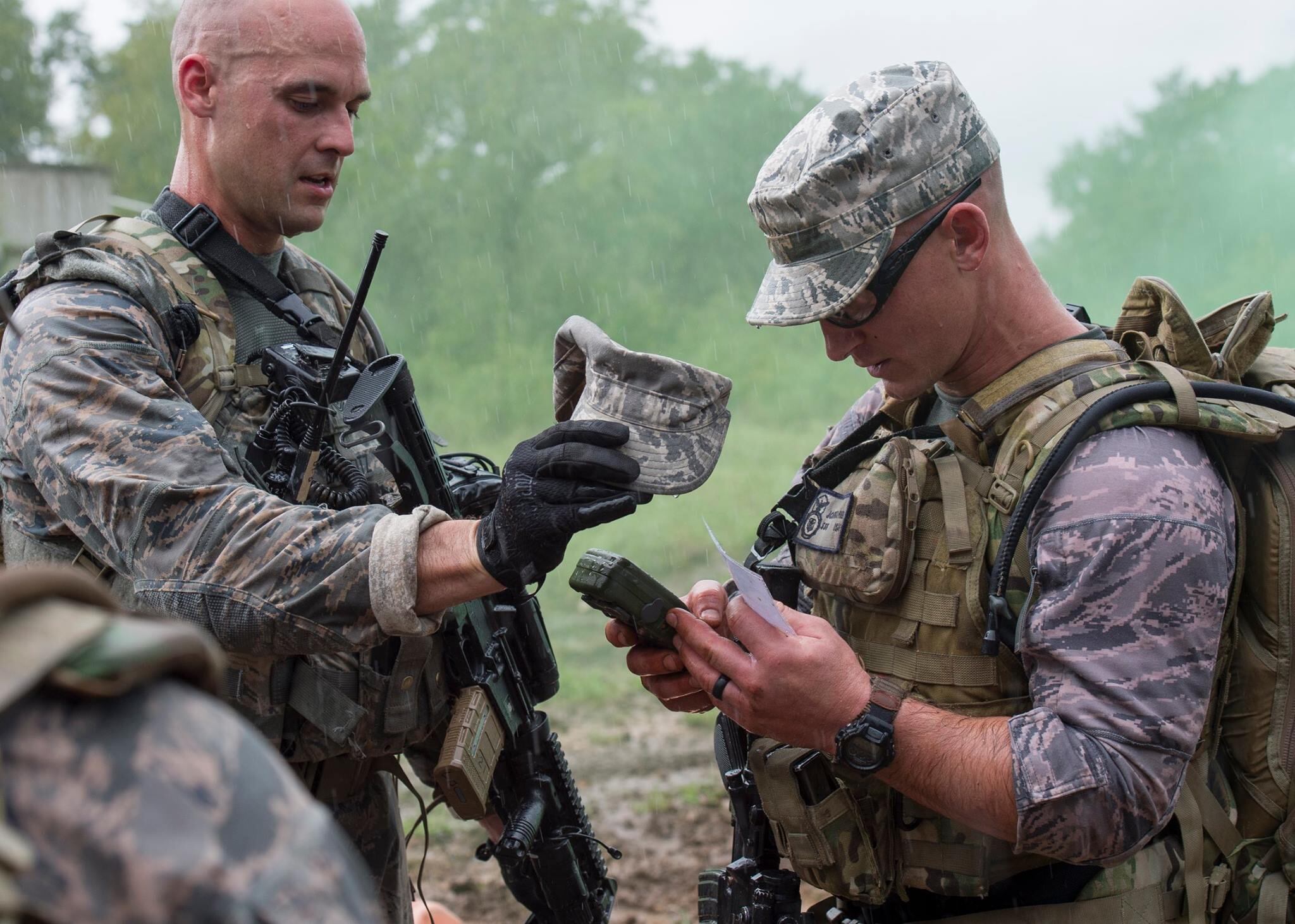
“Congress must select a technically competent and impartial entity such as the National Academy of Sciences to fill this role. This entity must review the work that has been done and conduct any further analysis needed to inform policy makers,” Goward wrote. “The technologies involved are mature. Testing methodologies are well established. This will not be an onerous task.”
Pausing the FCC’s decision while launching a review of the testing data would likely require approval from the Commerce committees. House Energy and Commerce Committee ranking member Rep. Greg Walden, R-Ore., suggested further work would be redundant.
“We must ensure that this decision maintains our national and economic security, which is why this technology was tested, modified, and tested again, several times before the FCC reached its decision,” Walden said in a statement to C4ISRNET.
The Pentagon, thus far, has been reluctant to agree to further technical testing, with Dana Deasy, the department’s Chief Information Officers, shooting down the idea in a May 6 call with reporters.
However, Defense leaders are now open to an independent review of existing test data, according to Lt. Col. Robert Carver, a department spokesman. He said in a statement the Pentagon would “support an impartial third party, one with demonstrated expertise in GPS testing, conducting a thorough examination of all data collected during the preceding decade of testing.
RELATED
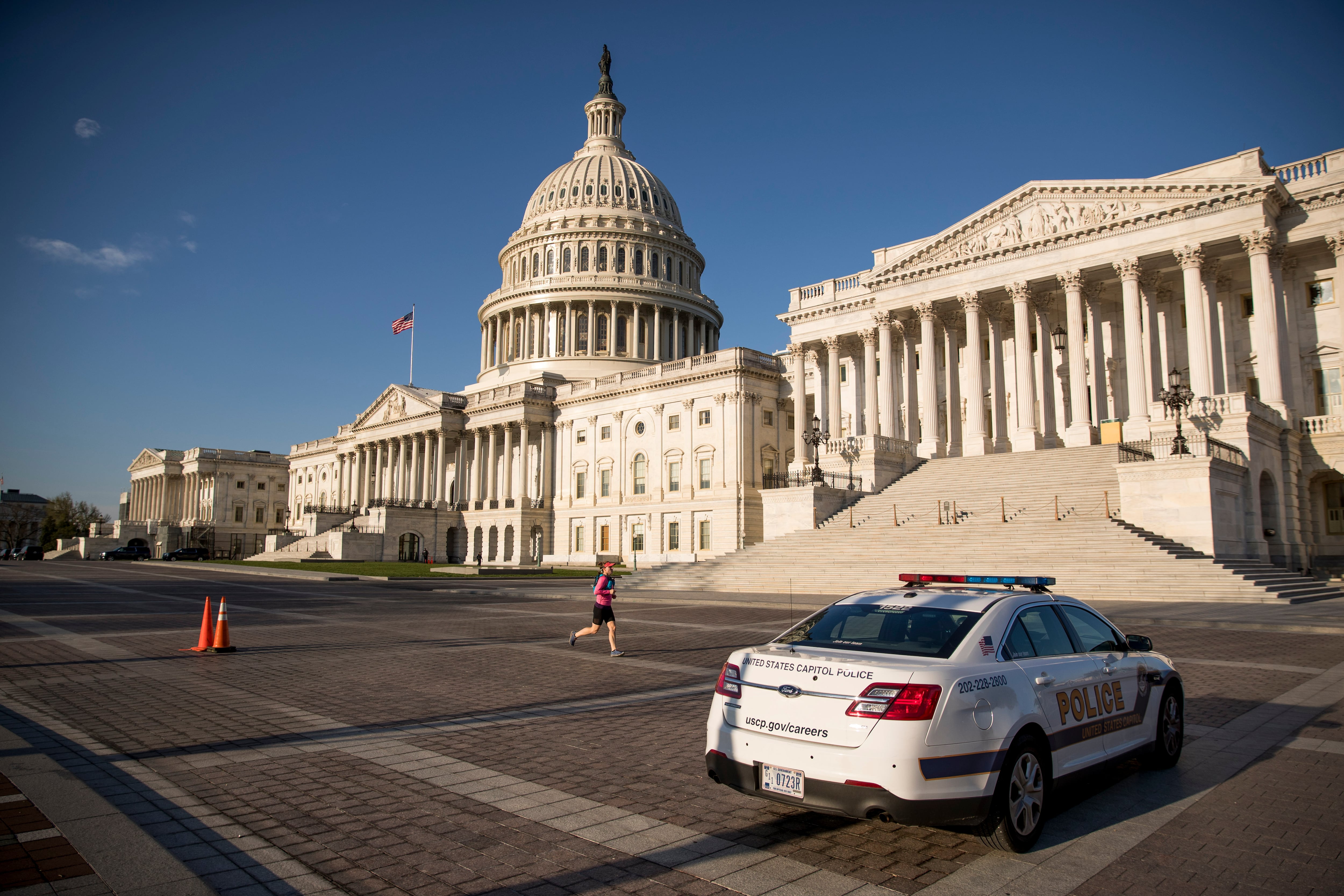
“We emphasize any such examination must be conducted by a party with unquestioned capability, capacity and experience in this arena. We believe a painstaking examination of existing test data will confirm the results of all previous tests, including the limited tests funded by Ligado, that Ligado's proposal will result in interference to GPS even at the one-decibel level,” Carver said. “Any testing, or evaluation of prior testing, must address protection of the GPS service, the frequency band assigned to it, and all receivers intending to use that service."
A Ligado spokesperson declined to comment.
In the meantime, the department continues to push through the formal process to request the FCC change its mind. That would be a tough path forward for any vote that passed unanimously with five votes, as it would require three members of the commission to change their mind. It may be even more difficult given the comments from Deasy, Inhofe and others indicating the FCC purposefully kept DoD out of the loop as it was making its decision.
In a statement after the hearing, an FCC spokesman blasted “all of the untrue statements” made by officials, called claims of unanimous opposition in the government “blatantly false,” and saying assertions that DoD was blindsided are “preposterous.”
“The bottom line here is that the FCC made a unanimous, bipartisan decision based on sound engineering principles,” the spokesman said. “We stand by that decision 100% and will not be dissuaded by baseless fearmongering."
Joe Gould in Washington contributed to this report
Aaron Mehta was deputy editor and senior Pentagon correspondent for Defense News, covering policy, strategy and acquisition at the highest levels of the Defense Department and its international partners.
